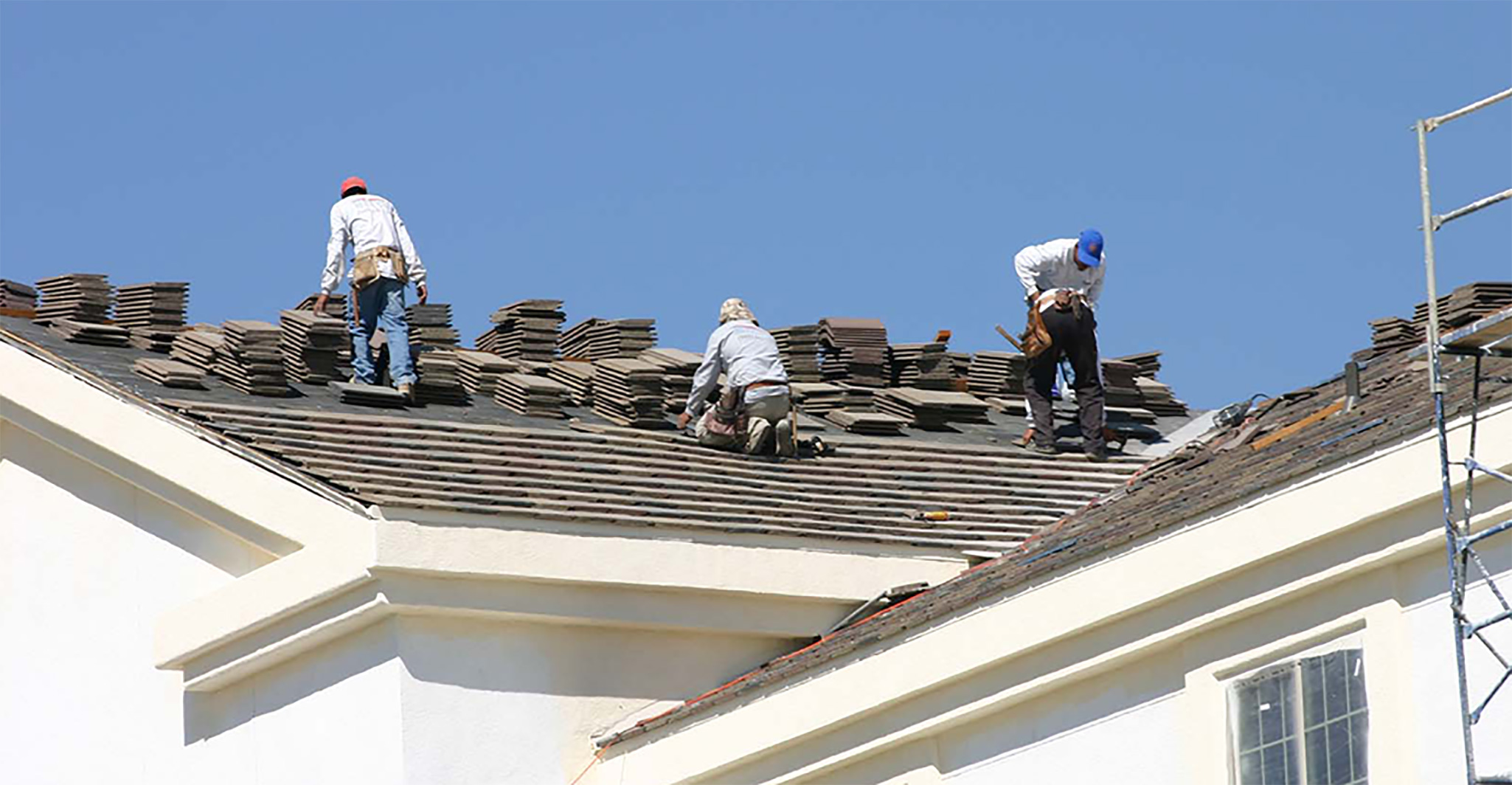
Roofing is a vital aspect of construction, ensuring the protection and structural integrity of buildings. In Texas, like in many other states, roofing companies must adhere to specific regulations to ensure quality workmanship, safety, and consumer protection. While regulations may vary depending on the city or county, there are several general guidelines and requirements that Texas Roofing Company must follow:

- Licensing: Texas requires roofing contractors to be licensed by the Texas Department of Licensing and Regulation (TDLR). To obtain a license, contractors must meet certain criteria, including passing a competency exam and demonstrating proof of insurance and financial responsibility. Additionally, the TDLR provides regulations regarding the conduct of licensed contractors.
- Insurance: Texas Roofing Company is typically required to carry liability insurance to protect both themselves and their clients in case of accidents or damages during roofing projects. This insurance coverage helps ensure that homeowners are not held liable for any injuries sustained by workers or damages to property.
- Permits: Depending on the city or county where the roofing work is being performed, contractors may need to obtain permits before starting a roofing project. Permits ensure that the work complies with local building codes and regulations, including structural requirements and safety standards.
- Safety Regulations: Occupational Safety and Health Administration (OSHA) guidelines apply to roofing work in Texas, as they do across the United States. These regulations include requirements for fall protection, ladder safety, proper equipment usage, and training for workers to prevent accidents and injuries on the job site.
- Contract Requirements: Texas law requires roofing contractors to provide written contracts detailing the scope of work, materials to be used, project timeline, and cost estimates. This contract helps protect both the contractor and the homeowner by ensuring clear expectations and preventing misunderstandings.
- Warranty Obligations: Roofing companies in Texas are often required to provide warranties for their workmanship and materials. These warranties typically guarantee that the roof will be free from defects and leaks for a specified period after installation, giving homeowners peace of mind and recourse in case of problems.
- Advertising and Sales Practices: Texas has regulations governing advertising and sales practices for roofing companies to prevent deceptive or misleading tactics. Contractors must accurately represent their qualifications, experience, and services offered to consumers.
- Complaint Resolution: The TDLR handles complaints against licensed roofing contractors in Texas and has procedures in place for investigating grievances and taking disciplinary action if necessary. This helps ensure accountability and consumer protection within the industry.






